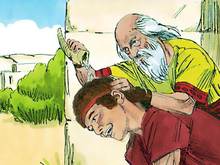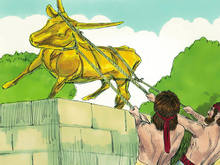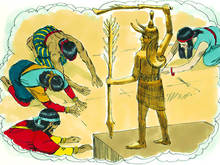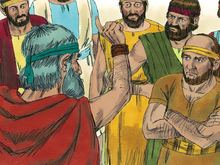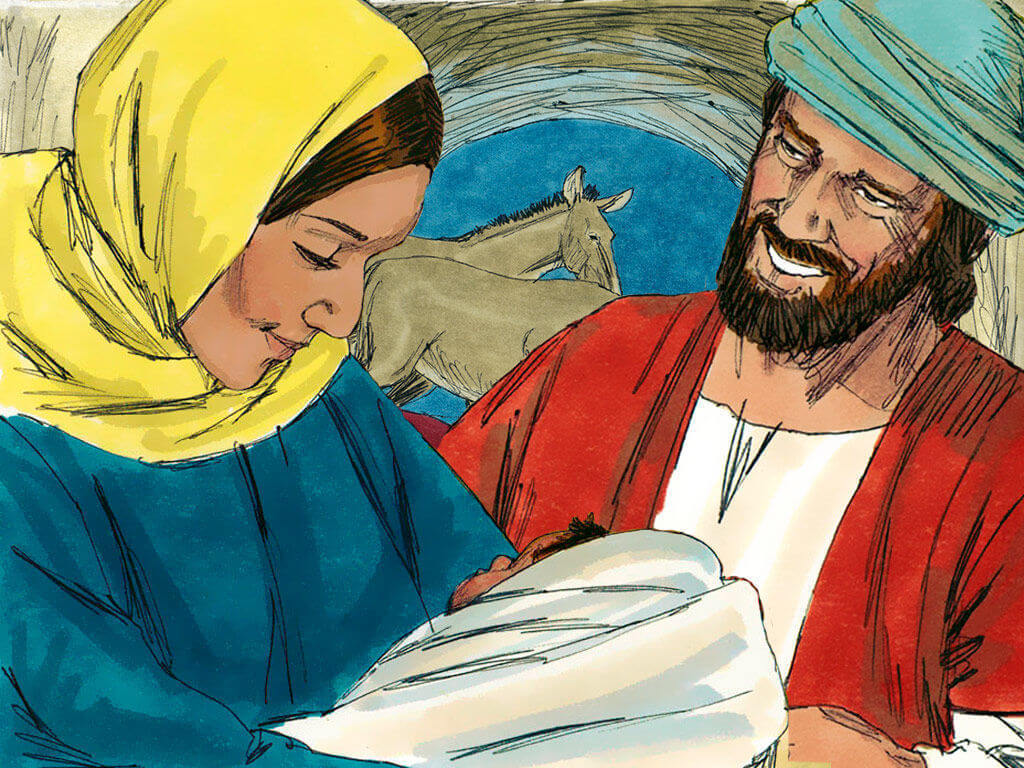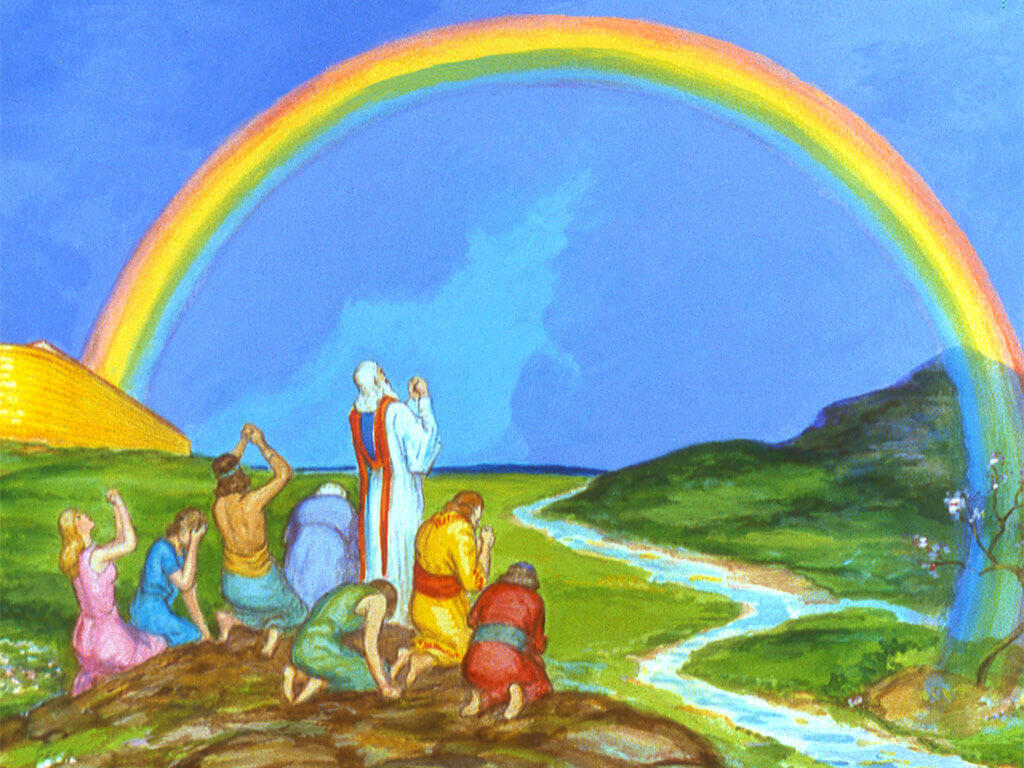Marriage in the Bible
By Mark Morgan | Jeremiah

Marriage?
In the times of Jeremiah, God often used the picture of unfaithfulness in marriage, and even divorce, to show how terrible the behaviour of Israel and Judah was when they worshipped other gods. This lesson has now lost its power in many countries of the world because unfaithfulness and adultery are not viewed as seriously as God views them.Continue reading

